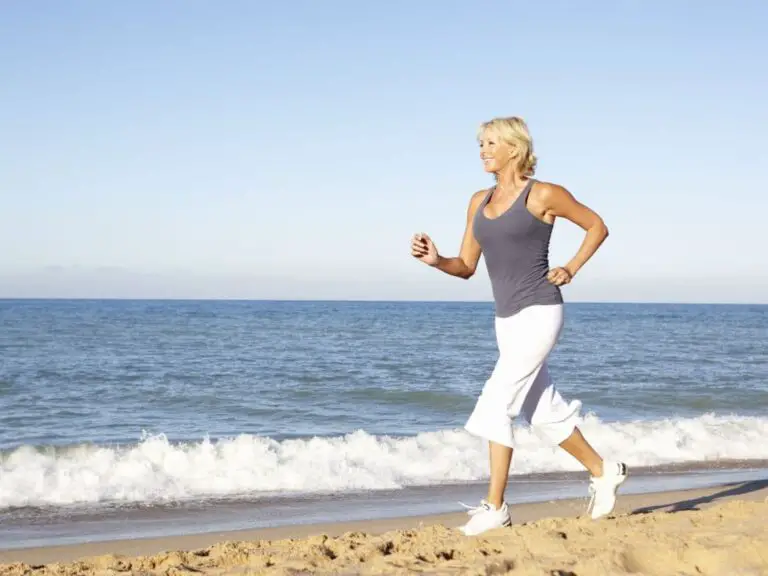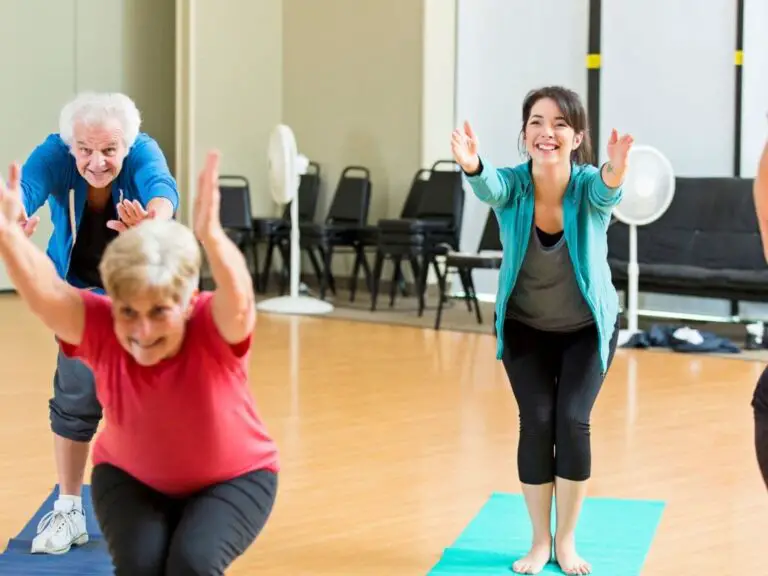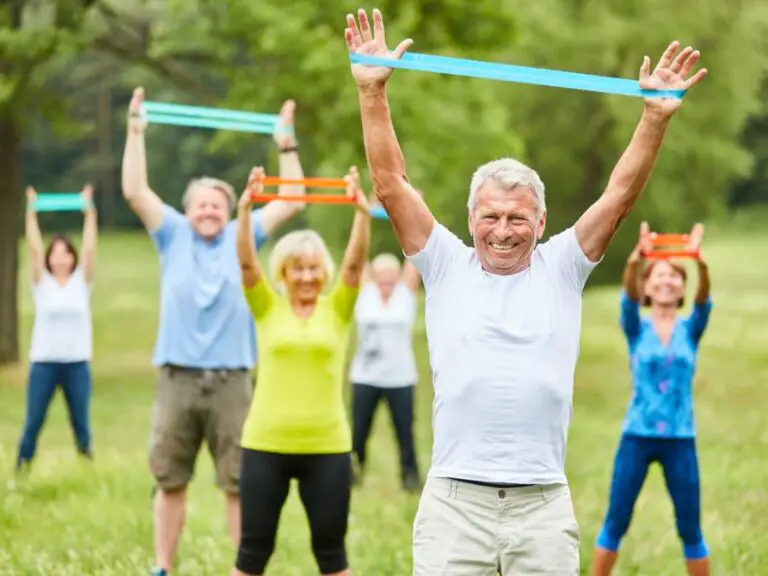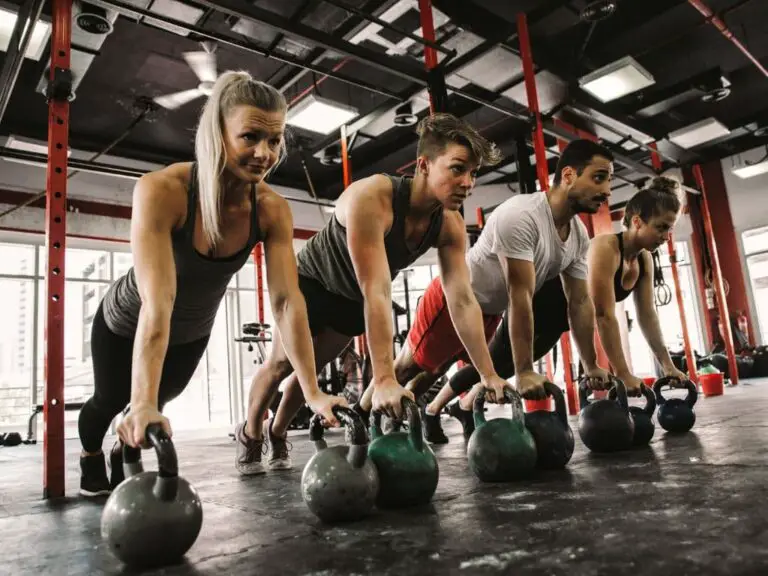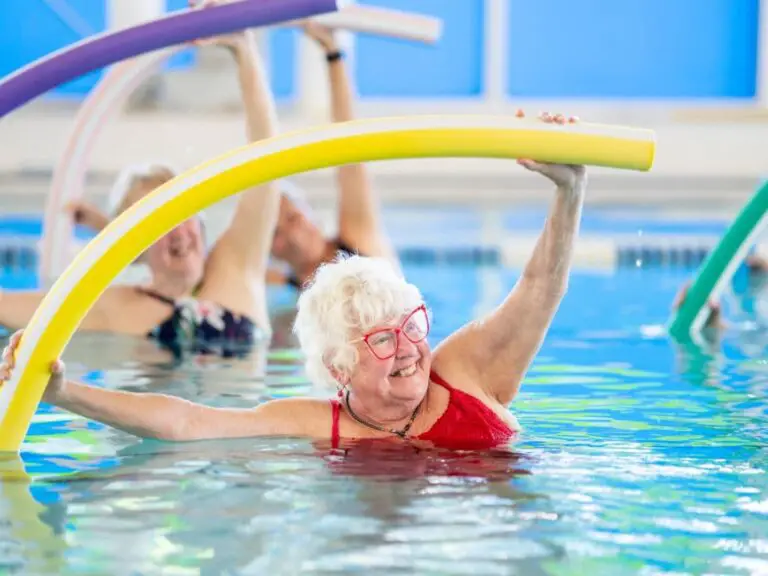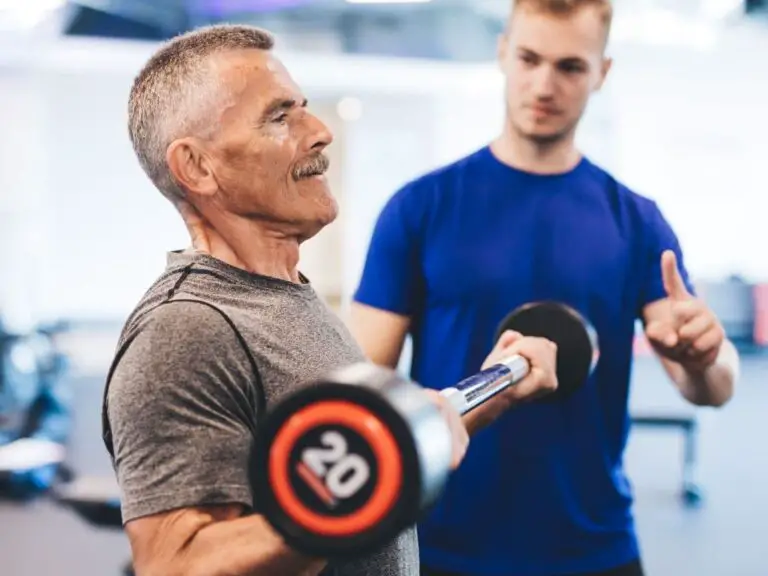How Many Minutes a Day Should Seniors Exercise?
Regular exercise provides many important health benefits for seniors. However, determining the right amount can be confusing.
Seniors should aim for around 150 minutes of moderate-intensity aerobic exercise per week, equating to approximately 30 minutes per day, five days a week. Additionally, muscle-strengthening activities are recommended at least twice a week. However, it’s important for seniors to start slowly, exercise appropriate to their fitness level, and seek advice from a doctor if necessary.
It’s important that seniors start slowly and choose exercises appropriate for their fitness level. Activities that improve balance and flexibility are also beneficial. With a doctor’s guidance and by listening to their bodies, seniors can safely establish an exercise routine to maintain their health.
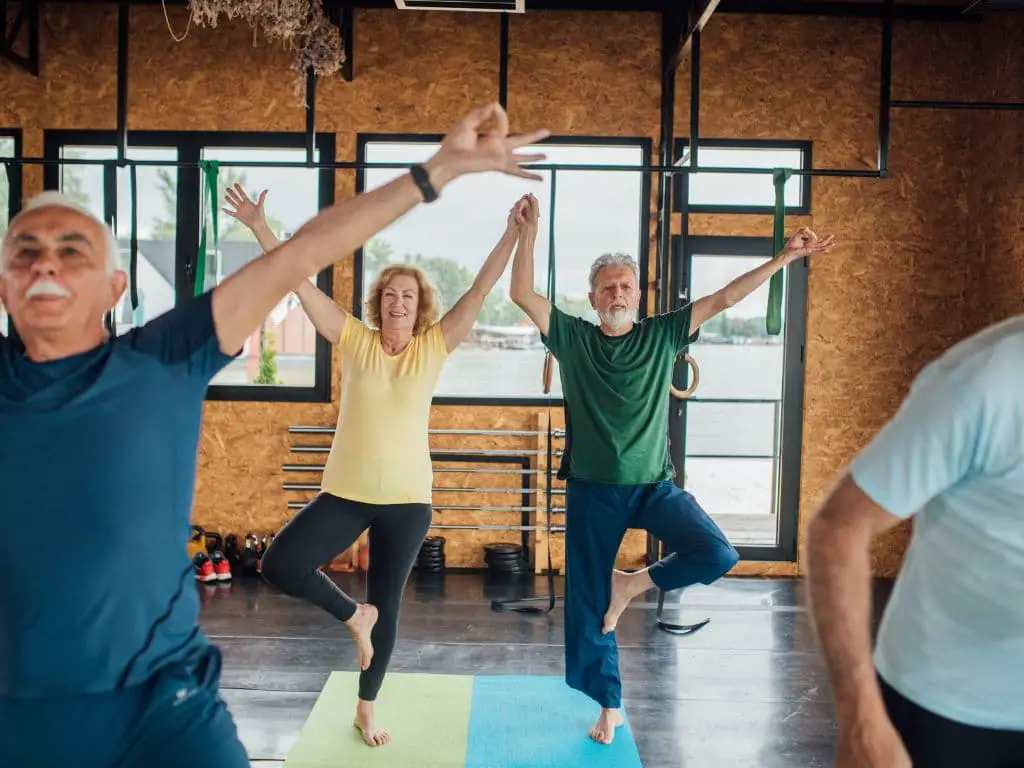
How Many Minutes of Exercise Should a 70-Year-Old Person Do Per Day?
The Department of Health and Human Services’ physical activity guidelines recommend that seniors get 150 minutes of moderate-intensity exercise per week. This equals around 30 minutes per day, 5 days per week.
Moderate-intensity means working hard enough to raise your heart rate and break a sweat, but still being able to carry on a conversation. For a 70-year-old in good health, activities like brisk walking, swimming, or riding a bike can meet this requirement.
It’s also important to start slowly and not push yourself too hard initially. Seniors can begin with 10-15 minutes per session and gradually increase to 30 minutes as their fitness improves. The key is developing a sustainable routine.
How Many Minutes of Exercise Should an 80-Year-Old Person Do Per Day?
An 80-year-old person should aim for 150 minutes of moderate-intensity exercise per week, equating to approximately 30 minutes per day, five days per week. However, they should start slowly, possibly with 5-10 minutes of exercise daily, gradually increasing as their fitness improves. Low-impact activities like swimming or chair aerobics are recommended.
It’s crucial for 80-year-olds to listen to their bodies and be aware of any pain or discomfort while exercising.
Lower impact activities like swimming or chair aerobics are good options for 80-year-olds. A doctor can help determine any exercise restrictions based on existing health conditions. The most important thing is to start slowly and find activities they enjoy.
What Are the Benefits of Exercise for Seniors?
Regular physical activity offers many health benefits for seniors both physically and mentally. Some key benefits include:
- Moderate-intensity aerobic activity helps maintain cardiovascular health. It gets the heart pumping and improves circulation. This reduces risk of heart disease and stroke.
- Getting the recommended 150 minutes of exercise per week helps seniors maintain strength, flexibility and balance. This makes daily tasks like climbing stairs easier.
- Strength training 2 days per week builds muscle mass which tends to decline with age. It also strengthens bones helping prevent osteoporosis.
- Exercise improves mood and cognitive function reducing risk of anxiety, depression and dementia. It also promotes better sleep.
In short, staying active allows seniors to preserve function and live independently as they age. And most exercises can be modified to suit different ability levels.
What Are the Risks of Not Exercising for Seniors?
Without adequate physical activity, seniors face increased health risks including:
- Lack of activity can accelerate muscle loss and joint stiffness. This impairs balance raising the risk of dangerous falls. It also makes everyday tasks more difficult.
- Being sedentary weakens the cardiovascular system. Poor circulation raises risks of blood clots, heart attack and stroke.
- Osteoporosis and bone fractures become more likely without weight-bearing exercise. Loss of bone density starts around age 35.
- Not exercising regularly is tied to increased risk of type 2 diabetes, obesity and certain cancers. Keeping active helps regulate blood sugar and body weight.
That’s why health experts recommend seniors aim for moderate activity 5 days per week. Some activity is far better than none at all when it comes to maintaining health and independence.
What Type of Exercise Is Best for Seniors?
There are two main types of recommended exercise for seniors:
Aerobic activity gets your heart rate up and improves cardiovascular fitness. Brisk walking, swimming, water aerobics and stationary cycling are excellent aerobic exercises for seniors. They improve stamina and don’t put excess strain on joints.
Muscle-strengthening activities like lifting weights help counteract age-related muscle loss. Simple exercises using resistance bands, lightweight dumbbells or even canned goods work well. Yoga and Pilates also strengthen muscles.
It’s ideal to include both aerobic activity and some strength training in your routine. Activities that improve balance like tai chi are beneficial too. And don’t forget to stretch – staying flexible helps prevent injury and improves mobility.
Always start slowly and focus on proper form. Aim to work all the major muscle groups. Seniors can usually find appropriate exercises, even with physical limitations.
How Can Seniors Find an Exercise Program That Is Right for Them?
Finding activities you enjoy and that suit your fitness level is key to staying motivated. Here are some tips:
- Talk to your doctor about any exercise restrictions based on your health conditions. Get guidance on where to start.
- Consider joining a class for seniors at your local community center or YMCA. Socializing can boost motivation.
- Look for exercises that incorporate balance training like tai chi or yoga. This helps prevent falls.
- Focus on low-impact activities like swimming if you have joint pain. Water offers great resistance.
- Try chair-based exercises if standing is difficult. There are aerobic, strength and flexibility exercises you can do seated.
- Set small goals at first like walking 10 minutes a day. Gradually increase activity as your fitness allows.
- Find an exercise buddy. You can encourage each other and exercise is more fun with company.
The most important thing is choosing activities you look forward to doing regularly. Listen to your body and talk to your doctor to develop the right routine.
What Are Some Tips for Seniors Who Are Just Starting to Exercise?
If you haven’t been active, it’s important to take it slowly when starting an exercise program. Here are some tips:
- Focus on 10-15 minutes of activity at first. Walk around the block or do a simple strength circuit. Gradually increase from there.
- Listen to your body carefully especially when trying new activities. Stop if you feel pain.
- Consult your doctor about any restrictions or precautions before beginning an exercise routine.
- Start with lower impact exercises to minimize strain on joints. Swimming and cycling are good options.
- Pay attention to balance and do activities like tai chi to enhance stability and coordination.
- Schedule exercise time and treat it like an important appointment to stay motivated.
- Find activities you enjoy – you’ll be more likely to stick with them. Do exercises with a friend.
- Focus on good form and proper technique, especially with strength training. Reduce risk of injury.
- Stay hydrated and wear comfortable, breathable clothes and supportive footwear.
The key is starting exercise gradually. As fitness improves, you can increase duration and intensity. Staying active provides major benefits for seniors’ health.
Frequently Asked Questions
-
How many minutes a day should seniors exercise?
Adults 65 years and over need to exercise at least 150 minutes per week. This could be 30 minutes each day or 5 days a weeks of moderate activity like walking. They also need to do 75 minutes per week of intense activity like running, jogging or hiking. A minimum of 2 days per week should be spent engaging in activities that help strengthen the muscles.
-
Why do my legs give out when I walk?
Muscle issues can cause leg weakness, particularly during exercise. This is not a cause to be alarm. If your legs become sloppy and you feel unable to control the situation, it is likely that the spine nerves are the problem. Our brain sends signals to our legs via the spine nerves.
-
How much exercise should an 80 year old get?
For optimal health and well-being, seniors should engage in vigorous aerobic exercise for at most 20 minutes each day.
-
How often should an 80 year old lift weights?
Jasmine Marcus, PT/DPT recommends strength training for healthy seniors at least two times per week. A 2011 study also suggests that we can do it up to three or four times per week.
-
What is the best source of protein for seniors?
Yes. Fish, chicken, and animal meats are all protein powerhouses. Also, dairy products such as cheese, Greek yogurt, eggs and Greek yogurt, beans, legumes and nuts are great sources of protein. Leucine is a key amino acid that stimulates muscle growth. It also prevents the muscle from deteriorating as we age.
-
Is ensure good for the elderly?
Ensure and Boost offer a variety of ready-to-drink drinks that can help with diabetes management, protein intake and weight gain. These shakes are great for seniors.
-
Why do old people’s legs get weak?
Poor circulation is caused by diabetes and atherosclerosis. However, they can also be linked to smoking, inactivity, high blood pressure, cholesterol, or living a lifestyle that encourages inactivity. Lower extremity weakness can be reduced by elevating your legs when you sit or lie down. This will increase circulation.
-
At what age does strength decline?
Your muscle strength and function begin to decrease after 40, regardless of how often you exercise. Researchers at the University of Guelph have revealed why this happens, and how to reverse it.
-
What vegetables are good for elderly?
Steam vegetables: Some vegetables can be difficult for older people to digest. It is worth steaming vegetables such as carrots, broccoli, green beans and carrots in some water.
-
How much protein does an 80 year old need?
For older adults, there are protein requirements. For elderly people, experts in protein and aging suggest consuming between 1.2 to 2.0 grams of protein per day or more [3,8,15].

